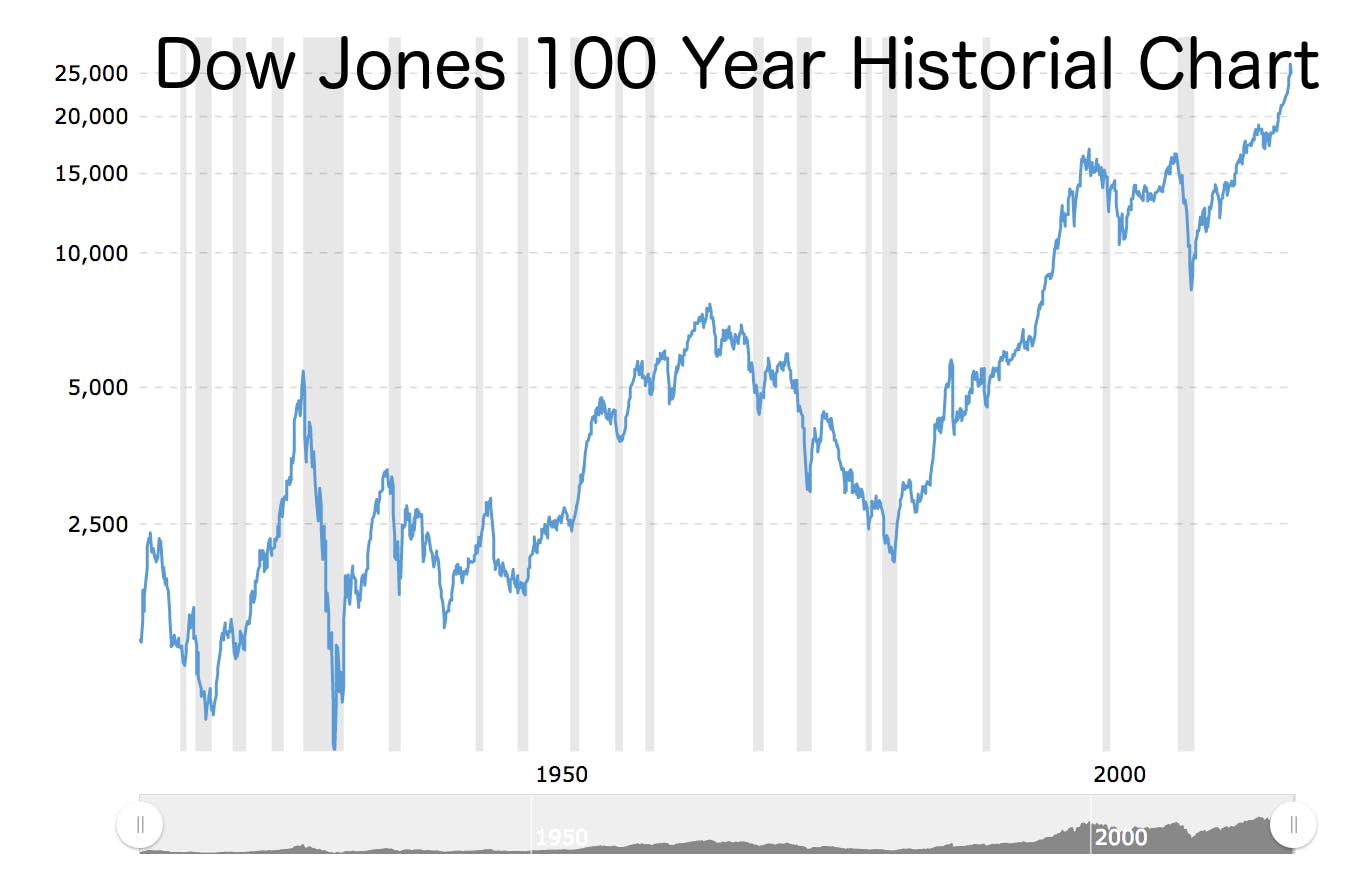2,160 reads
Why Blockchain Liquidity is a Bad Thing…
by
March 10th, 2018
Investor, Startup Advisor, Entrepreneur, Author, Futurist disruptors.fm thesyndicate.vc
About Author
Investor, Startup Advisor, Entrepreneur, Author, Futurist disruptors.fm thesyndicate.vc
